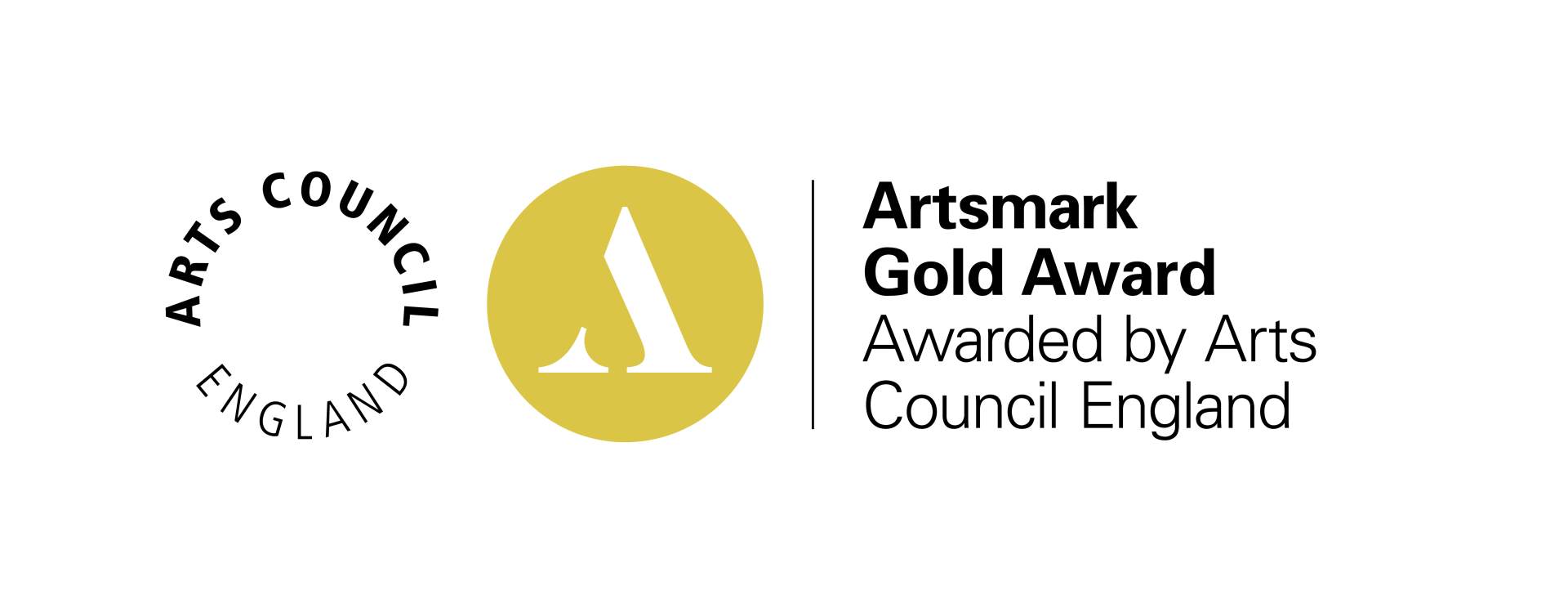Film Studies (A Level)
Course Specification |
Eduqas Film Studies: https://www.eduqas.co.uk/qualifications/film-studies-as-a-level/#tab_overview |
Subject Specific Entry Requirements |
No subject specific entry requirement. In addition to the general entrance requirements. |
Costs Associated with this Course |
Students are not required to purchase textbooks but students could benefit from purchasing revision guides. Any equipment required for filming activities can be borrowed from the school. |
Course Overview

Film is one of the main cultural innovations of the 20th century and a major art form of the last hundred years. Those who study it characteristically bring with them a high degree of enthusiasm and excitement for what is a powerful and culturally significant medium, inspiring a range of responses from the emotional to the reflective. Film Studies consequently makes an important contribution to the curriculum, offering the opportunity to investigate how film works both as a medium of representation and as an aesthetic medium.
The WJEC Eduqas specification is designed to introduce A level learners to a wide variety of films in order to broaden their knowledge and understanding of film and the range of responses films can generate. This specification therefore offers opportunities to study mainstream American films from the past and the present as well as a range of recent and contemporary British films, American independent films and global films, both non-English language and English language. The historical range of film represented in those films is extended by the study of silent film and significant film movements so that learners can gain a sense of the development of film from its early years to its still emerging digital future. Studies in documentary, experimental and short films add to the breadth of the learning experience.
Production work is a crucial part of this specification and is integral to learners' study of film. Studying a diverse range of films from several different contexts is designed to give learners the opportunity to apply their knowledge and understanding of how films are constructed to their own filmmaking and screenwriting. This is intended to enable learners to create high quality film and screenplay work as well as provide an informed filmmaker's perspective on their own study of film.
The WJEC Eduqas A level in Film Studies aims to enable learners to demonstrate knowledge and understanding of:
- A diverse range of film, including documentary, film from the silent era, experimental film and short film
- The significance of film and film practice in national, global and historical contexts
- Film and its key contexts (including social, cultural, political, historical and technological contexts)
- How films generate meanings and responses
- Film as an aesthetic medium
- The different ways in which spectators respond to film.
It also aims to enable learners to:
- Apply critical approaches to film and
- Apply knowledge and understanding of film through either filmmaking or screenwriting.
Course Key Themes and Subject Content
For this specification, the elements underpinning the study of film are organised into:
- Core study areas, which learners apply to all the films they explore
- Specialist study areas, which learners apply to specific films
Qualification structure/details of assessment

Component 1: Varieties of film and filmmaking (6 films studied in total)
35% of the course. Written Exam (2h30m, 120 marks, 3 questions from 3 sections).
This component assesses knowledge and understanding of six feature-length films.
Section A: Hollywood 1930-1990 (comparative study): One question from a choice of two, requiring reference to two Hollywood films, one from the Classical Hollywood period (1930-1960) and the other from the New Hollywood period (1961-1990) – 40 marks.
You will study:
- Vertigo (Hitchcock, 1958), PG
- One Flew Over the Cuckoo's Nest (Forman, 1975), 15
Section B: American film since 2005 (two-film study): One question from a choice of two, requiring reference to two American films, one mainstream film and one contemporary independent film – 40 marks.
You will study:
- Inception (Nolan, 2010), 12A
- Boyhood (Linklater, 2015), 15
Section C: British film since 1995 (two-film study): One question from a choice of two, requiring reference to two British films – 40 marks.
You will study:
- Trainspotting (Boyle, 1996), 18
- This is England (Meadows, 2006), 18
Component 2: Global filmmaking perspectives (5 films studied in total)
35% of the course. Written Exam (2h30m, 100 marks, 4 questions from 4 sections).
This component assesses knowledge and understanding of five feature-length films.
Section A: Global Film (two-film study)
You will study:
- Pan’s Labyrinth (Del Toro, Spain, 2006), 15
- House of Flying Daggers (Zhang, China, 2004), 15
Section B: Documentary Film (single film study)
You will study:
- Amy (Kapadia, UK, 2015), 15.
Section C: Film Movements - Silent Cinema (single film study)
You will study:
- Sunrise (Murnau, US, 1927), U
Section D: Film Movements - Experimental Film (single film study)
You will study:
- Pulp Fiction (Tarantino, US, 1994), 18
Component 3: Production
30% of the course. Coursework, internally assessed. (60 marks).
This component assesses one production and its evaluative analysis. Learners produce:
- Either a short film (4-5 minutes) or a screenplay for a short film (1600-1800 words) plus a digitally photographed storyboard of a key section from the screenplay – 40 marks.
- An evaluative analysis (1600 - 1800 words) – 20 marks.
For more information on the course specifications click the link below:
Eduqas Film Studies: https://www.eduqas.co.uk/qualifications/film-studies-as-a-level/#tab_overview



 Safeguarding
Information
Safeguarding
Information








